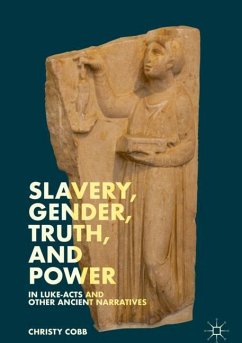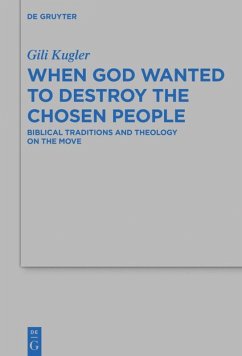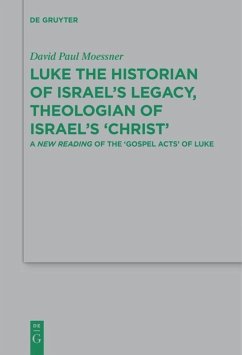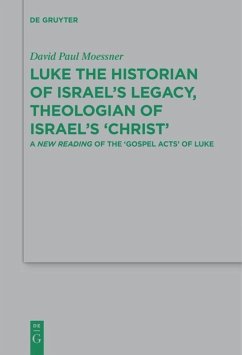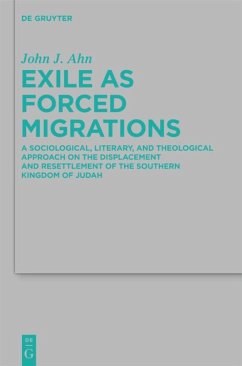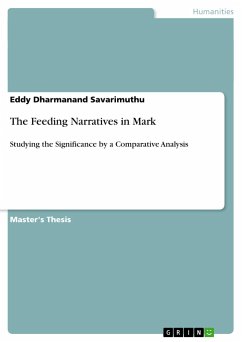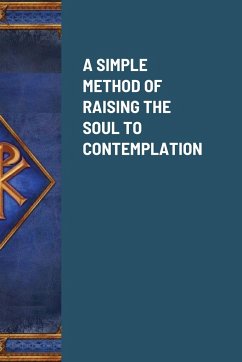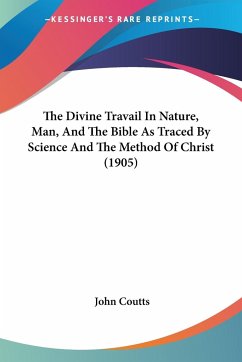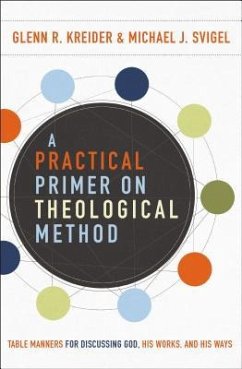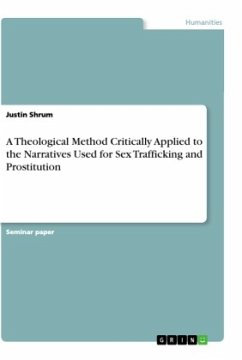
A Theological Method Critically Applied to the Narratives Used for Sex Trafficking and Prostitution

PAYBACK Punkte
0 °P sammeln!
Seminar paper from the year 2018 in the subject Theology - Biblical Theology, London School of Theology, language: English, abstract: There are three primary narrative approaches to define the relationship between sex trafficking and prostitution. The first is that of abolition, where the lines of delineation between prostitution and trafficking are often blurred and cases of exploitation within prostitution are categorized in a sex trafficking context. Here one commonly finds the language of rescue and restoration. In this context, individual actors such as pimps and traffickers, as well as t...
Seminar paper from the year 2018 in the subject Theology - Biblical Theology, London School of Theology, language: English, abstract: There are three primary narrative approaches to define the relationship between sex trafficking and prostitution. The first is that of abolition, where the lines of delineation between prostitution and trafficking are often blurred and cases of exploitation within prostitution are categorized in a sex trafficking context. Here one commonly finds the language of rescue and restoration. In this context, individual actors such as pimps and traffickers, as well as the society itself which allows prostitution to flourish, are viewed as perpetrators. The second narrative is one of criminal justice, where the issue is framed by the language of legal prosecution against criminals and the war on trafficking done by the State and NGO actors. The third narrative is one of sex workers rights, where the human rights abuses surrounding prostitution are framed principally as gender migrant issues and the need for better working conditions is presented as the solution. Assistance from a sex workers rights approach speaks in terms of harm reduction and empowering agency among those in prostitution. This approach considers sex work to be a viable job when the conditions are correct and the women are free from exploitation.All narratives agree that sex trafficking is wrong. The departure takes place where views of prostitution are concerned. The prevalence of harm found in prostitution cause some to place it ontologically in the same category as sex trafficking while others would say that is overreaching and adds to the challenges women in prostitution face. In effect, presuppositions built by a commitment to any of these narratives tend to influence the orientation and praxis of an organization.




